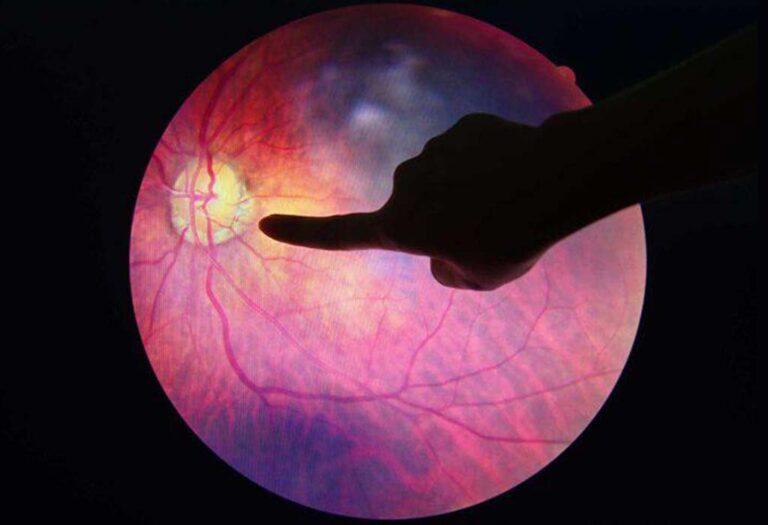
Eyes, Lids & Face by Dr. Maeve
Diabetic Eye Disease Screening

What is Diabetic Eye Disease Screening?
Diabetic retinopathy is a form of retinal disease caused by diabetes. It can cause blindness if it is not caught early. An eye examination can detect problems before they affect your vision.
If left untreated, diabetic retinopathy can result in blindness. However, it takes a long period of time for the stages of diabetic retinopathy to progress to a point where your vision is affected. It occurs as a complication of diabetes when glucose levels cause damage to the retina.
Maintaining a healthy blood sugar and cholesterol level is important for eye health. All people with diabetes over 12 should also attend the annual screening each year. An examination and photograph of the eye are required and can help to detect any problems early on.
Eyes, Lids & Face by Dr. Maeve
Symptoms of Diabetic Eye Disease

Early detection is crucial, as the disease can progress slowly without obvious symptoms, often before affecting vision. Regular eye screenings are essential for people with diabetes, as they can identify early signs of damage to the retina caused by high blood sugar levels.
deterioration of vision
Sudden loss of vision
Redness or pain in the eye
Eye floaters
Eyes, Lids & Face by Dr. Maeve
Diabetic Eye Disease FAQ's

Diabetic Eye Disease Screening is a crucial examination designed to detect diabetic retinopathy, a retinal condition caused by diabetes. If left untreated, this condition can lead to blindness. The screening aims to identify any issues before they impact vision, as diabetic retinopathy typically progresses slowly. It occurs when high blood sugar levels damage the blood vessels in the retina.
Annual screenings, recommended for everyone with diabetes over the age of 12, include an eye examination and photographs of the retina. These tests are essential for early detection and to help prevent vision loss by monitoring the health of your eyes. Maintaining healthy blood sugar and cholesterol levels is also vital for preventing diabetic eye complications.
Diabetic eye screening helps detect early changes in the retina caused by diabetes before any noticeable impact on your vision occurs. By identifying these changes early, the screening allows for timely treatment that can reduce or prevent further damage to your eyesight, significantly lowering the risk of vision loss due to diabetic retinopathy.
Diabetic eye disease, specifically diabetic retinopathy, is a condition caused by high blood sugar levels due to diabetes. Over time, excessive sugar in the bloodstream can damage the small blood vessels in the retina, the light-sensitive tissue at the back of the eye. This damage impairs the retina’s ability to detect light and send signals to the brain through the optic nerve, potentially leading to vision problems and even blindness if left untreated. Early detection and management of blood sugar levels are crucial to prevent the progression of diabetic retinopathy.
